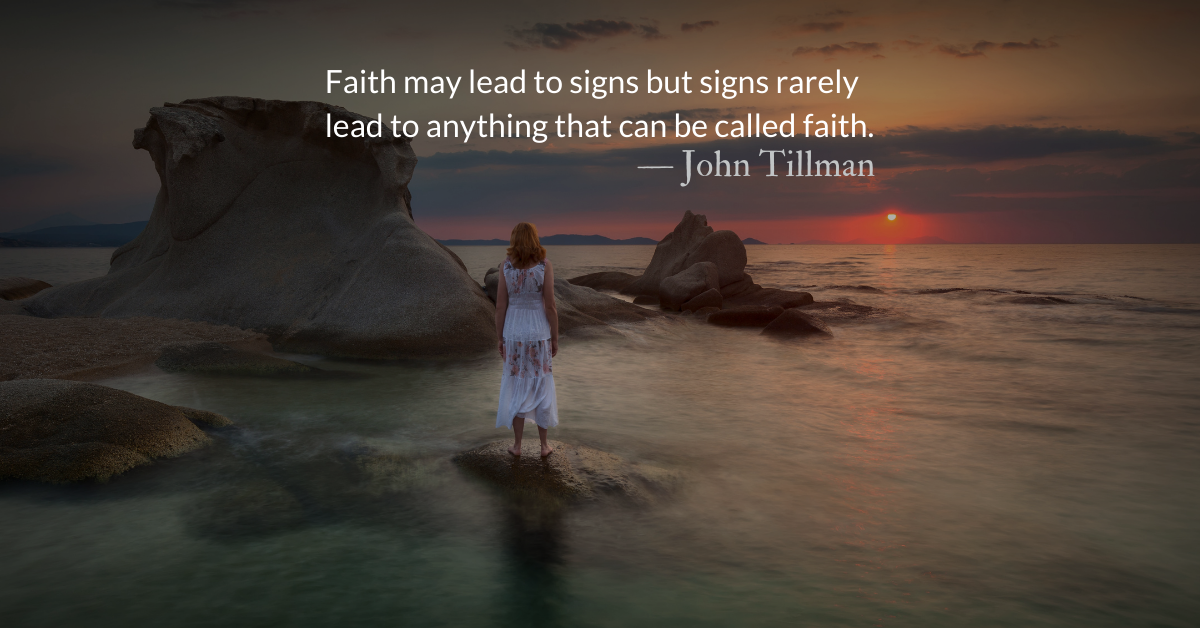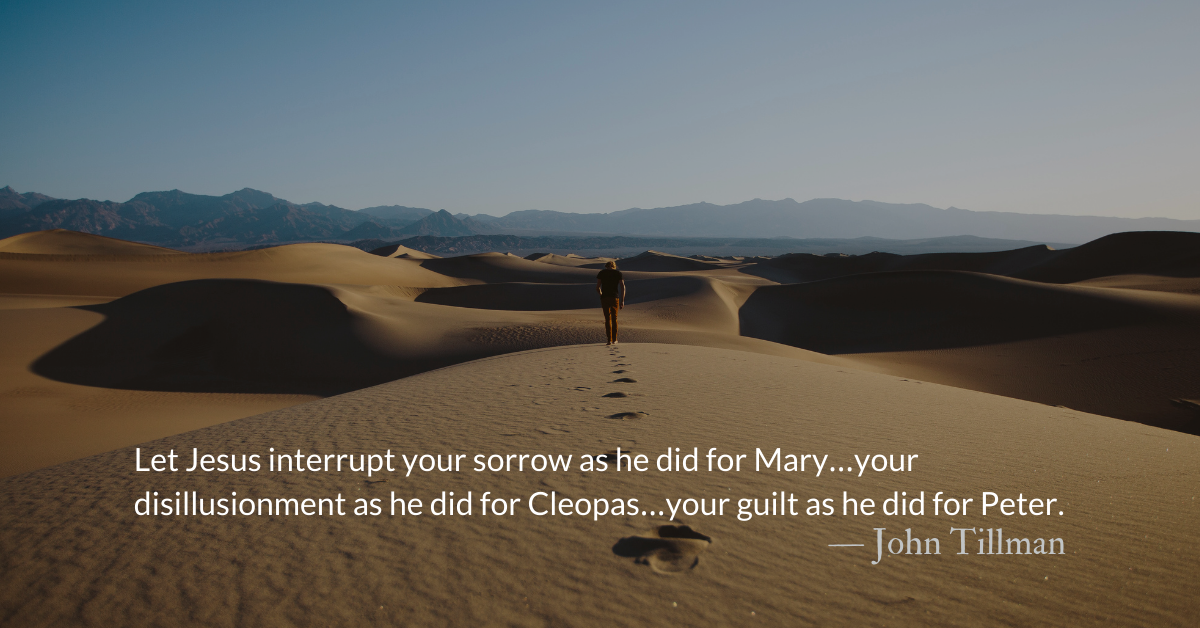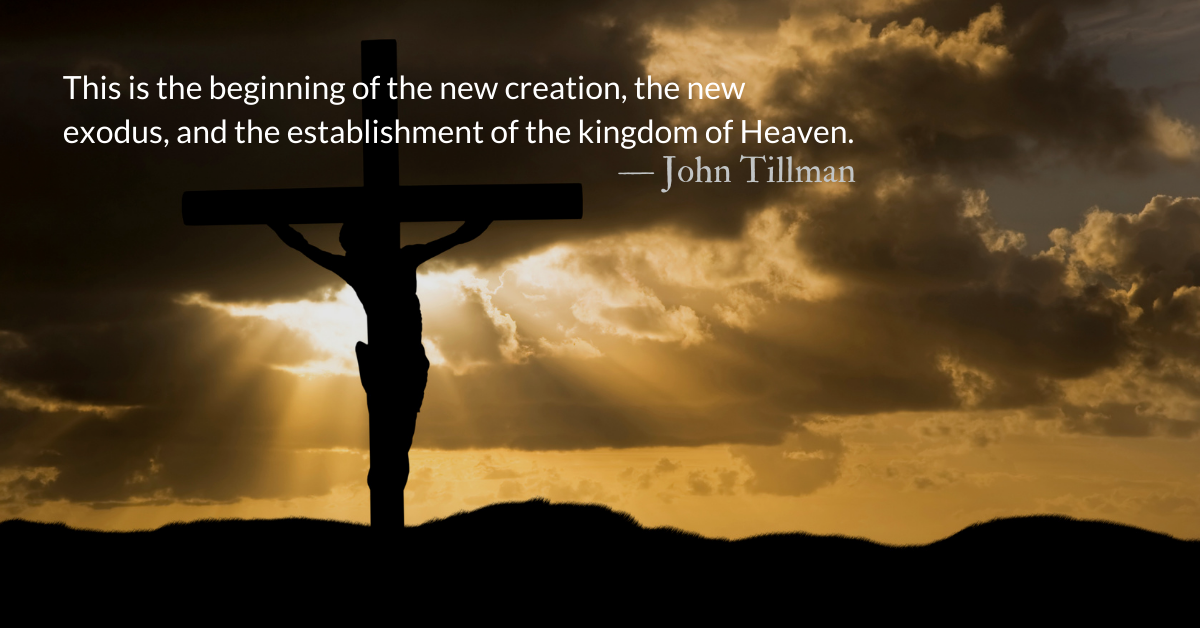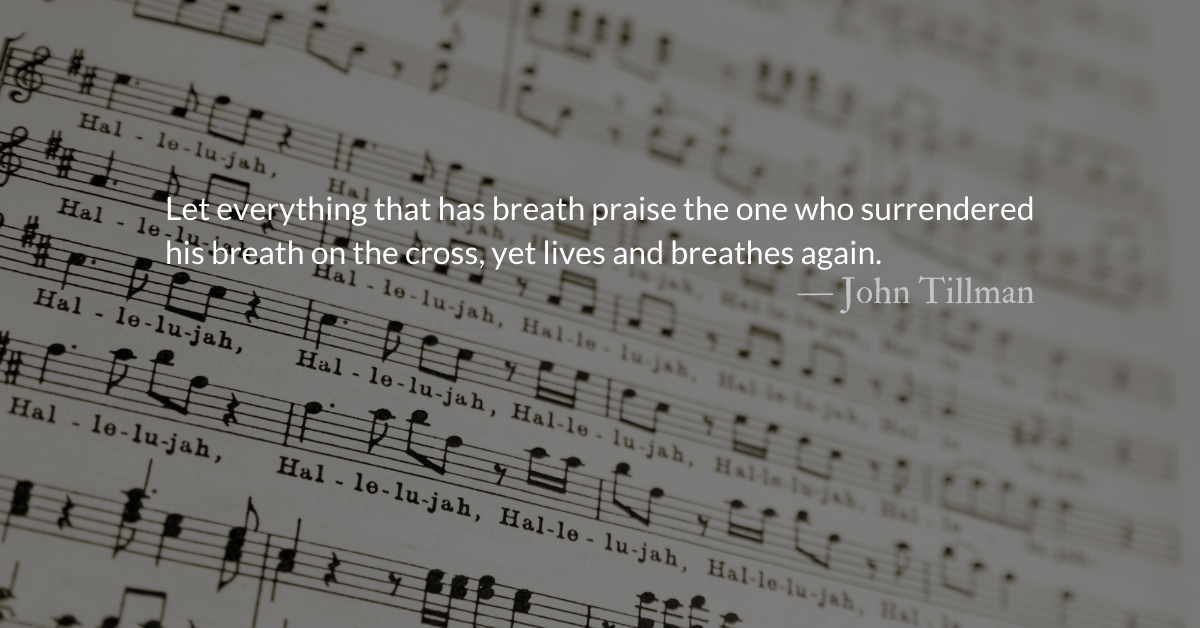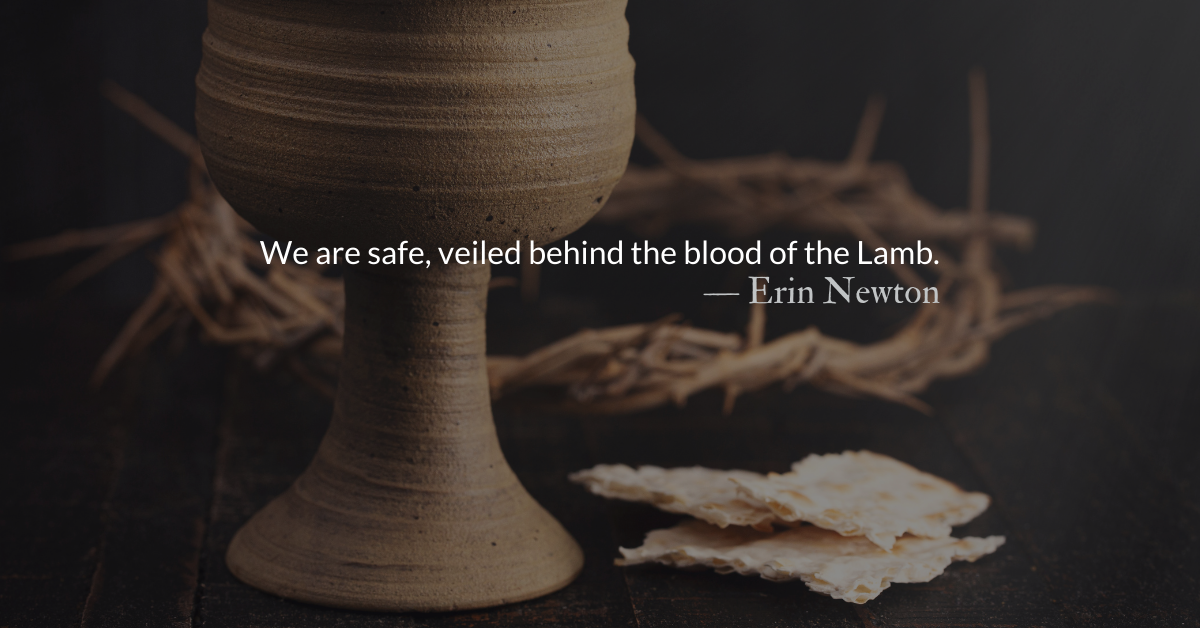Scripture Focus: John 5.28
28 “Do not be amazed at this, for a time is coming when all who are in their graves will hear his voice 29 and come out—those who have done what is good will rise to live, and those who have done what is evil will rise to be condemned.
John 4.48
48 “Unless you people see signs and wonders,” Jesus told him, “you will never believe.”
Reflection: No Sign Big Enough
By John Tillman
John’s gospel makes some of the most extraordinary and direct claims about the divinity of Jesus. However, in addition to the resurrection, John chose only seven miraculous signs to support these claims:
Changing Water Into Wine (John 2.1-11)
Healing the Royal Official’s Son (John 4.46-54)
Healing the paralytic at the pool (John 5.1-18)
Feeding over 5,000 with fish and loaves (John 6.1-14)
Walking on the water (John 6.15-25)
Healing a man born blind (John 9.1-41)
Raising Lazarus from the dead (John 11.1-46)
Jesus performed most of these signs in ways that limited rather than maximized the number of direct witnesses. Jesus seemed aware that “signs” don’t make for great faith.
If you read the Old Testament closely, this is obvious. In one of the more egregious examples, Israel miraculously escapes Egypt, including walking through the sea on dry ground, then a few pages later they make a calf idol and bow down to it saying, “These are your gods, Israel, who brought you out of Egypt.” (Exodus 32.4)
Signs don’t mean someone will commit to Jesus. Judas witnessed all seven signs in John’s gospel and still betrayed Christ. The man healed at the pool doesn’t seem to quite believe in Jesus and quickly turns over information about him to Jesus’ enemies.
One rebel on the cross next to Jesus asked him to prove he was the Messiah by saving them both. The other rebel trusted that Jesus was the Messiah and would honor a humble request.
Faith may lead to signs but signs rarely lead to anything that can be called faith. Perhaps this is why Jesus often may not give us “signs” we might expect. There’s no sign big enough to ensure faith.
Are we demanding God prove himself to us or are we trusting in who he is? The Resurrection is our guarantee that God’s promises to us are eternally secure.
John later tells us that there were many other signs he witnessed. He even says that if all that Jesus did were written down the world could not contain the books. Out of all Jesus did, why choose these seven?
John answers, “that you may believe.” (John 20.30-31; 21.25) These and resurrection are enough. What more do we need?
Do we believe who God reveals himself to be in Jesus? Or do we demand what we want?
Divine Hours Prayer: The Request for Presence
O God, be not far from me; come quickly to help me, O my God. — Psalm 71.12
Today’s Readings
Amos 3 (Listen – 2:11)
John 5 (Listen – 5:42)
Read more about He Is Faithful When We Are Not
It is not only true that “while we were yet sinners, Christ died for us.” (Romans 5.8) It is also true that before we had even sinned, God determined he would provide salvation for us.
Read more about The Miracle of Faith
I long to be filled with faith, but I’m often filled with other things… doubt…fear…shame…pride…inadequacy…

